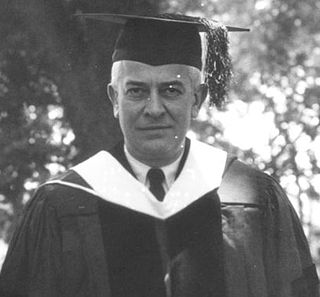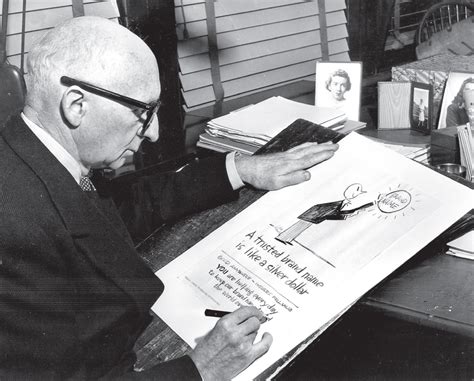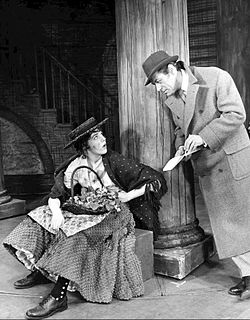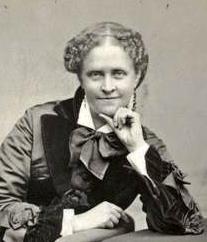A Quote by L. Neil Smith
My current novel, Pallas, is all about that culture war - in fact it's been called the Uncle Tom's Cabin of the Sagebrush Rebellion - and yet what I hear all too often from libertarians is that they don't read fiction.
Related Quotes
Today's Uncle Tom doesn't wear a handkerchief on his head. This modern, twentieth-century Uncle Thomas now often wears a top hat. He's usually well-dressed and well-educated. He's often the personification of culture and refinement. The twentieth-century Uncle Thomas sometimes speaks with a Yale or Harvard accent. Sometimes he is known as Professor, Doctor, Judge, and Reverend, even Right Reverend Doctor. This twentieth-century Uncle Thomas is a professional Negro -by that I mean his profession is being a Negro for the white man.
You should never read just for "enjoyment." Read to make yourself smarter! Less judgmental. More apt to understand your friends' insane behavior, or better yet, your own. Pick "hard books." Ones you have to concentrate on while reading. And for god's sake, don't let me ever hear you say, "I can't read fiction. I only have time for the truth." Fiction is the truth, fool! Ever hear of "literature"? That means fiction, too, stupid.
Everybody should read fiction… I don’t think serious fiction is written for a few people. I think we live in a stupid culture that won’t educate its people to read these things. It would be a much more interesting place if it would. And it’s not just that mechanics and plumbers don’t read literary fiction, it’s that doctors and lawyers don’t read literary fiction. It has nothing to do with class, it has to do with an anti-intellectual culture that doesn’t trust art.
However, the daily life of the slaves in the South, as observed by many travelers, was obscured for all time by the relentless promotion of a single book, Harriet Beecher Stowe's "Uncle Tom's Cabin." Even today, any black who dares to say that perhaps we are not as badly off as our brethren in the jungles of Africa is hooted down as an "Uncle Tom." [...] It was no accident that Harriet Beecher Stowe's book became the greatest best seller of its time - it was tirelessly promoted throughout the entire nation, in the most successful book promotion campaign in our history.




































